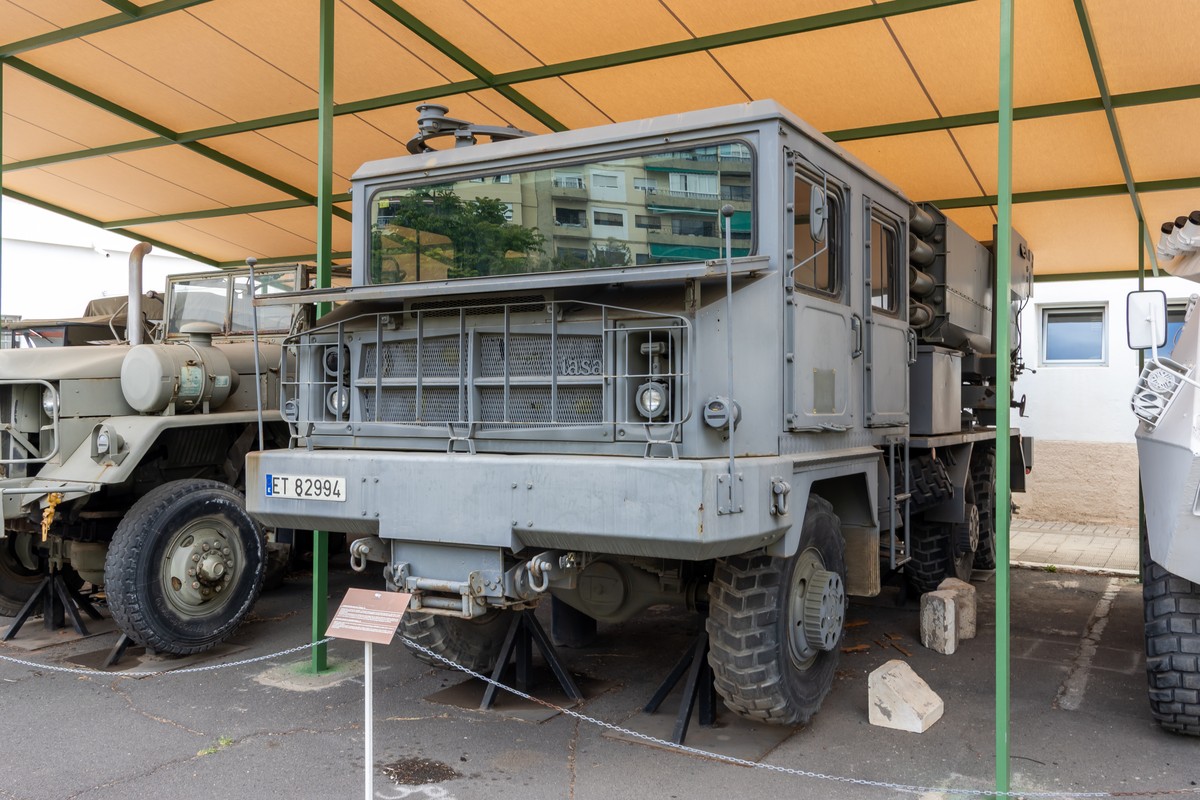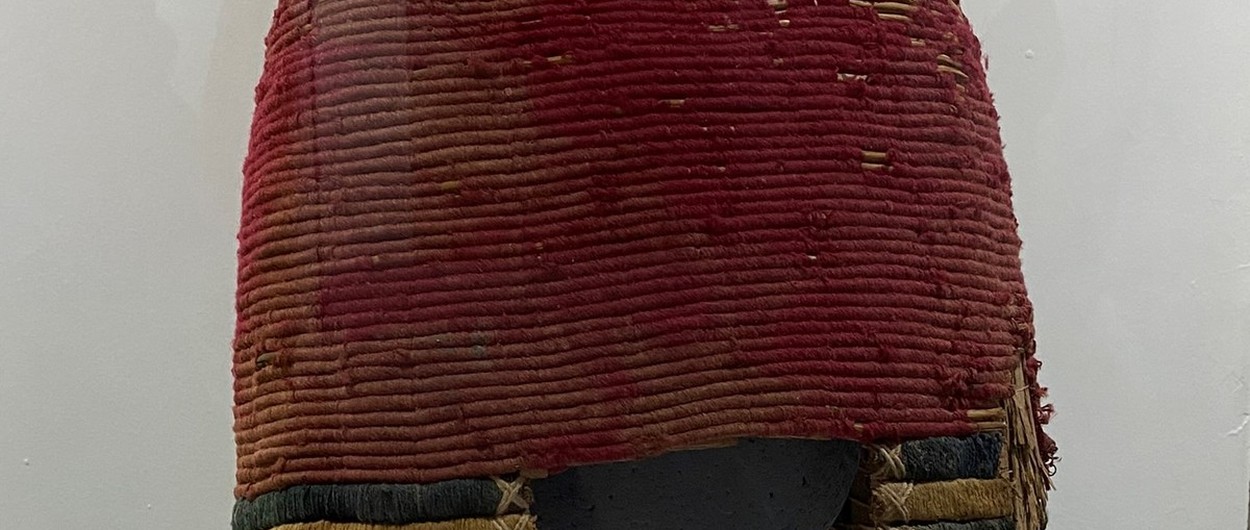There are 2 museums in the city of Sucre, Bolivia. Below you will find some general information about each of them. Click the details link to get more data about open hours, accessibility, exhibitions, and more.
Museo Histórico Militar

| Name: | Museo Histórico Militar |
|---|---|
| Category: | History museum |
| State: | Chuquisaca |
| City: | Sucre |
| Address: | Ravelo 1, Sucre, Bolivia (View on Google Maps) |
Museo Histórico Militar in Sucre, Chuquisaca, Bolivia, showcases the military history of the nation. The museum hosts a variety of exhibits, including military artifacts, weaponry, and memorabilia from significant events, such as the Chaco War. It is accessible to the public with an entry fee of around 10 Bolivianos. The museum’s small size allows for a focused visit, typically taking about an hour to explore.
Visitors can find intriguing items like weapons used during the Chaco War, along with the preserved remains of soldiers from historical battles. The exhibits also highlight the evolution of Bolivian military uniforms and equipment over the years, offering insights into the country’s military legacy.
Museo Nacional de Etnografía y Folklore

| Name: | Museo Nacional de Etnografía y Folklore |
|---|---|
| Category: | Museum |
| State: | Chuquisaca |
| City: | Sucre |
| Address: | Espaňa 74, Sucre, Bolivia (View on Google Maps) |
The Museo Nacional de Etnografía y Folklore is located in the historical city of Sucre, Chuquisaca, Bolivia. Housed in a beautifully maintained colonial building, the museum showcases a diverse collection of artifacts that reflect Bolivia’s rich cultural heritage, including traditional costumes, textiles, and art. Visitors can explore multiple exhibition rooms during a visit that typically lasts about 40 minutes. Entry is free, making it accessible for all. However, most exhibits are presented in Spanish, which may require some understanding for non-Spanish speakers.
The museum features several notable exhibits focusing on indigenous cultures, local traditions, and the role of women throughout Bolivian history. Specific highlights include a collection of intricate traditional costumes and displays detailing culinary arts and Bolivian festivities. The layout includes well-organized sections across two floors, providing a comprehensive yet manageable exploration of the country’s ethnographic and folkloric richness.

